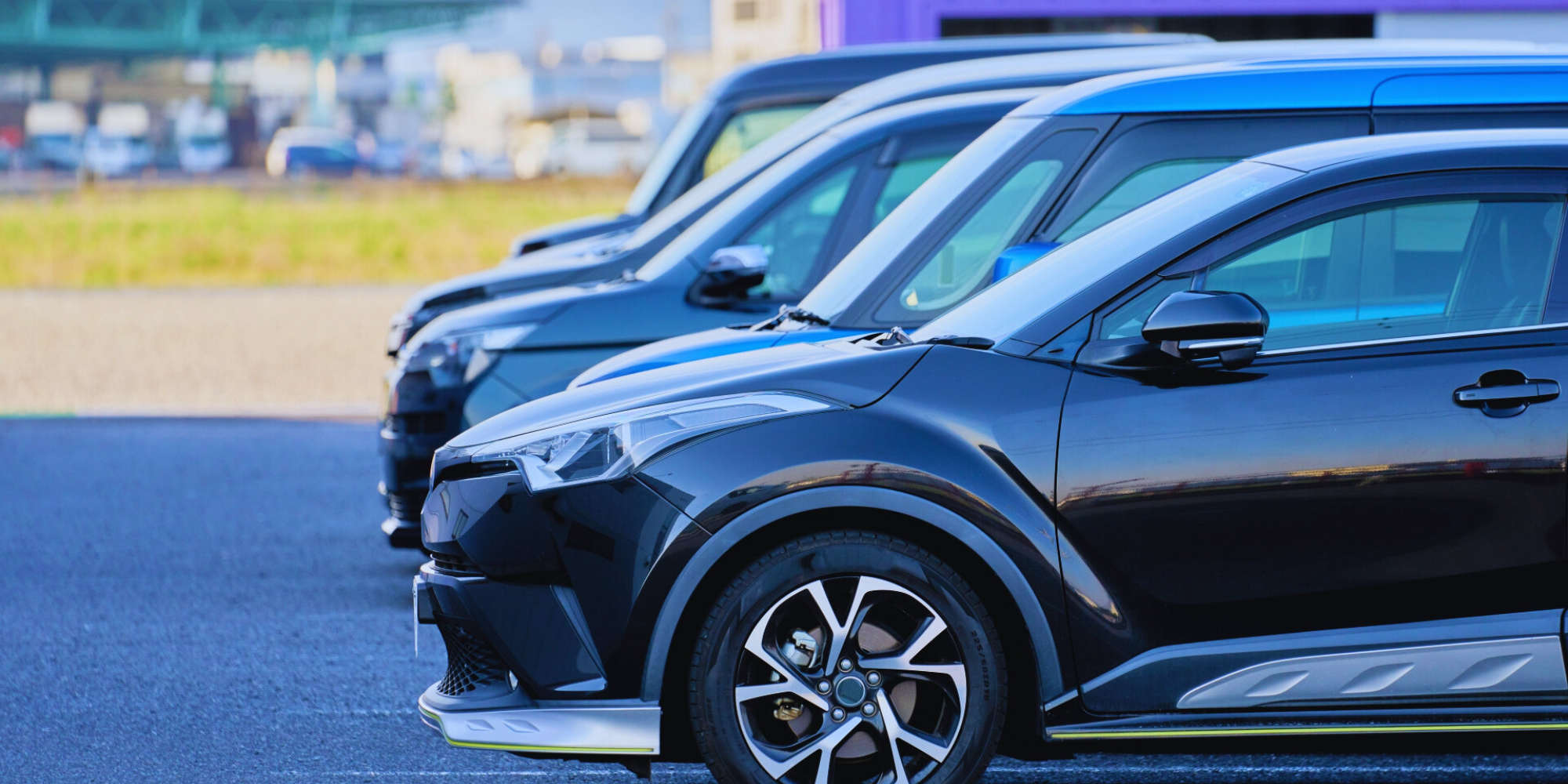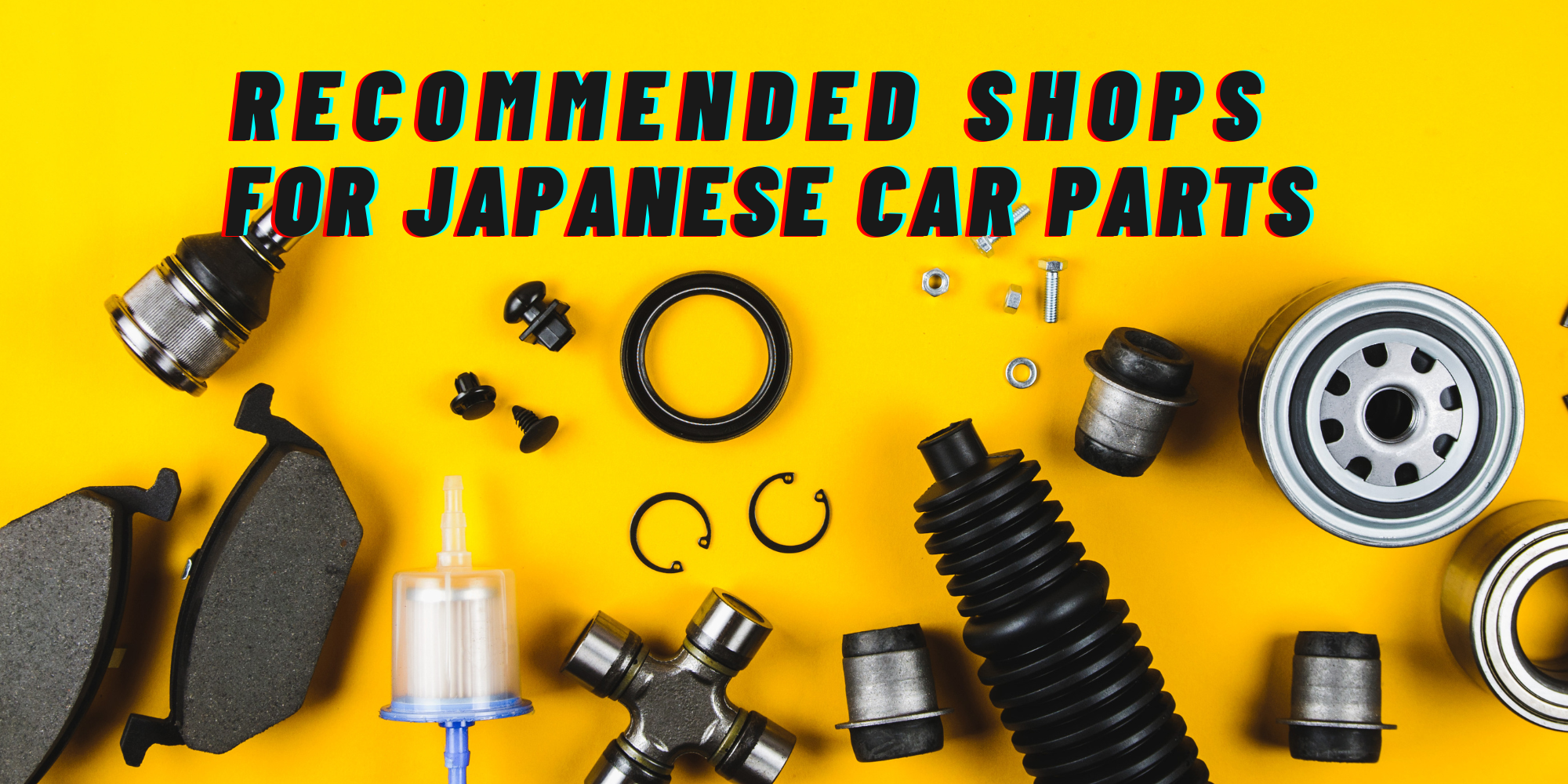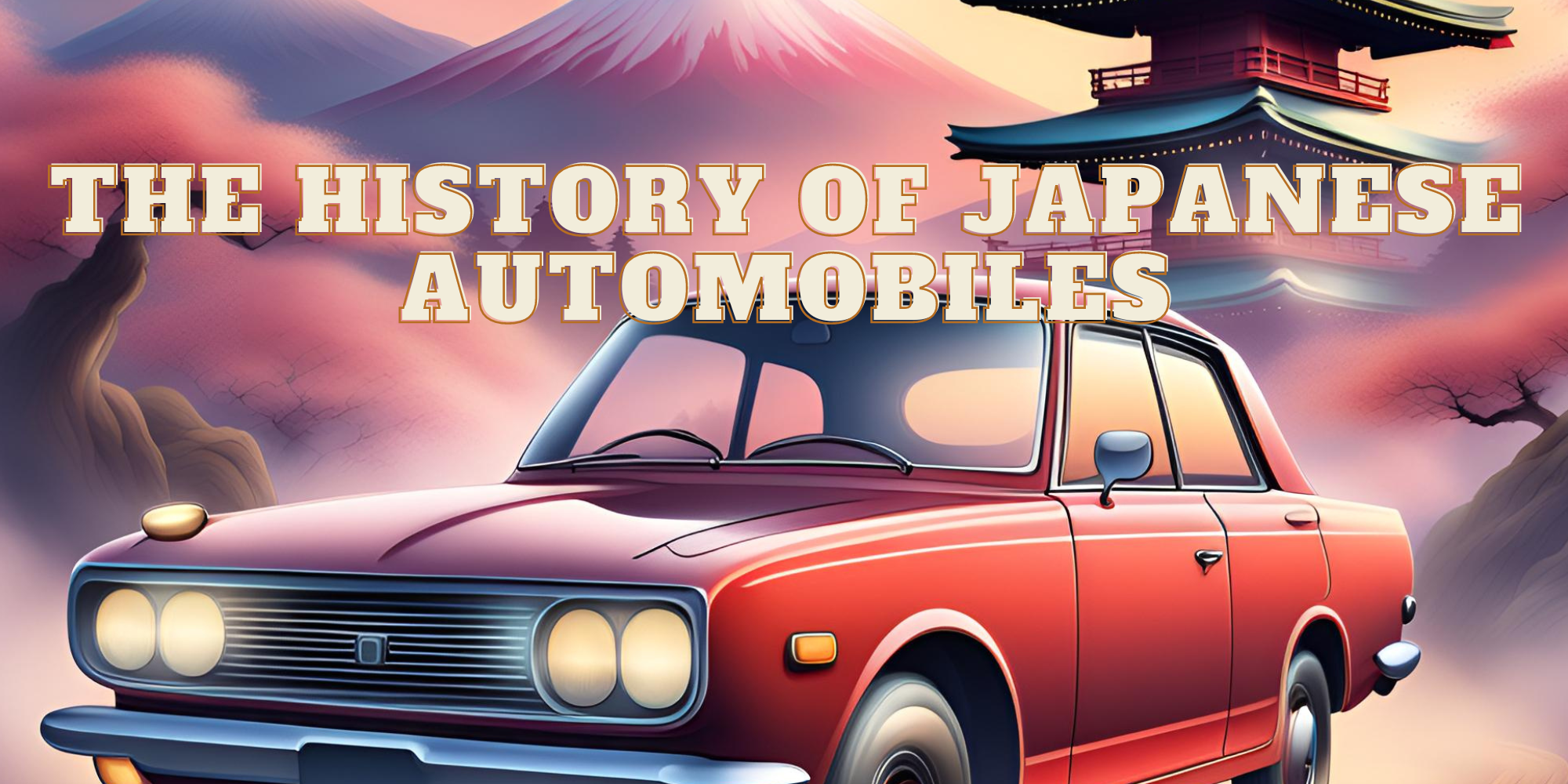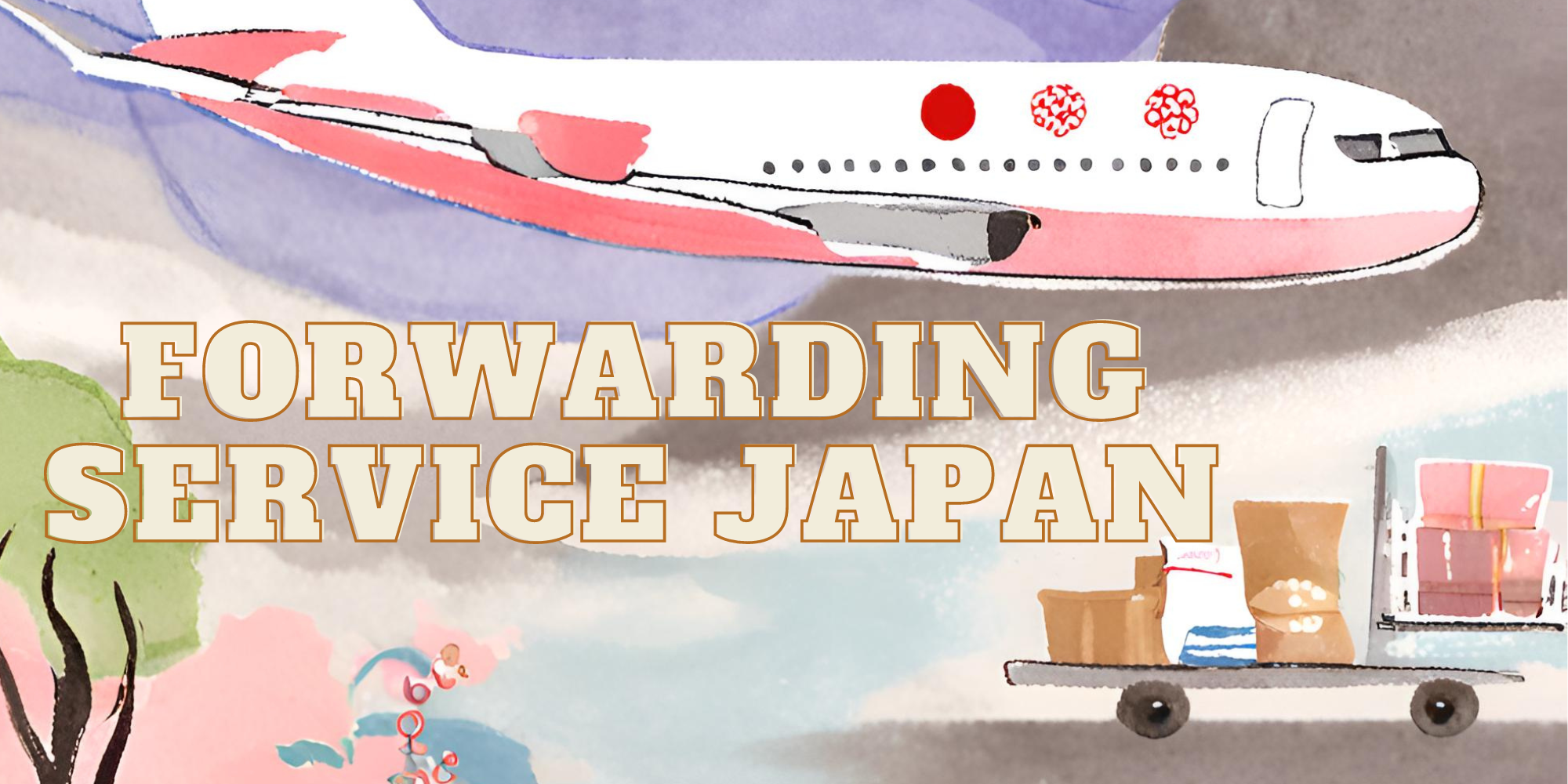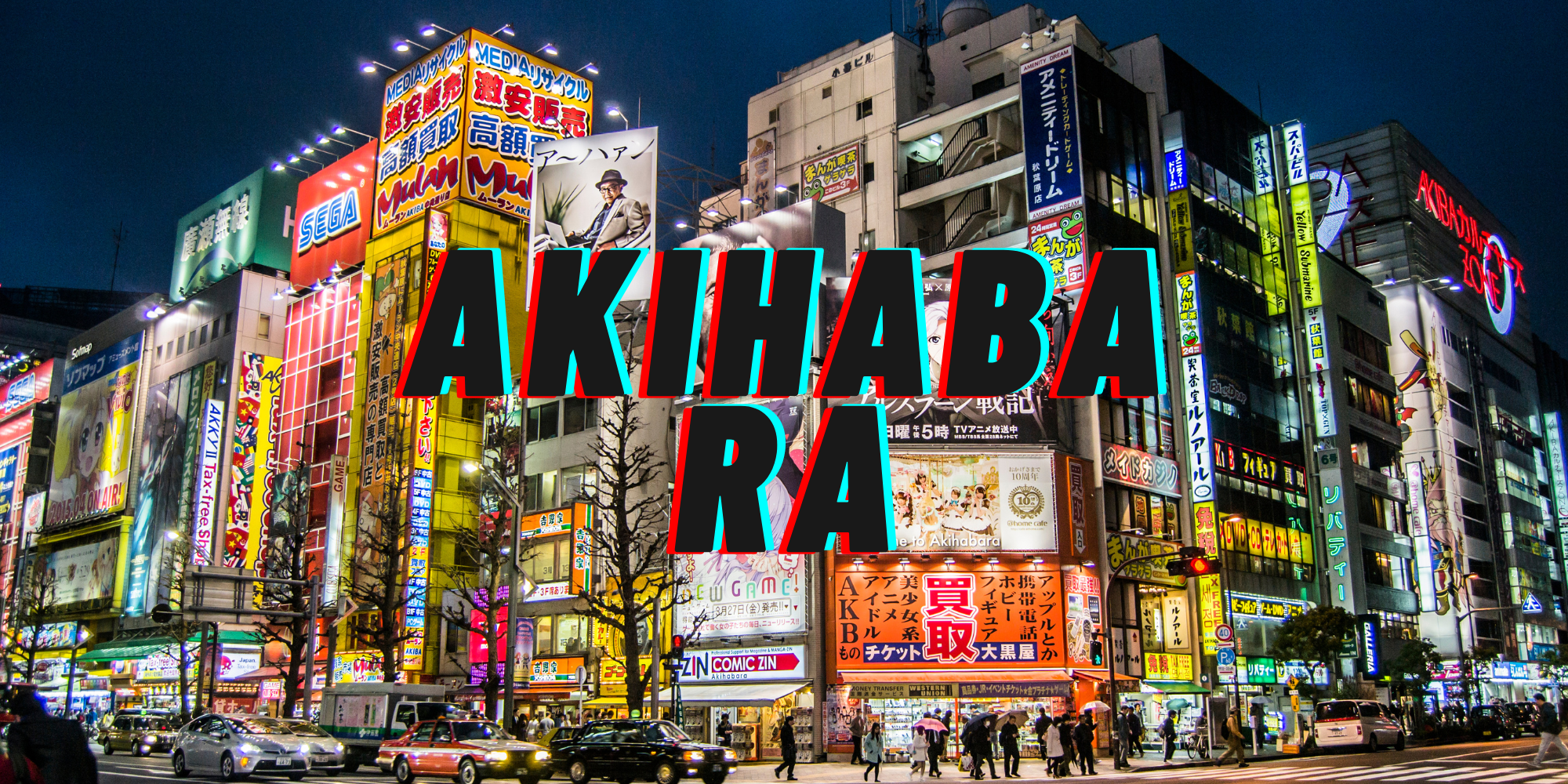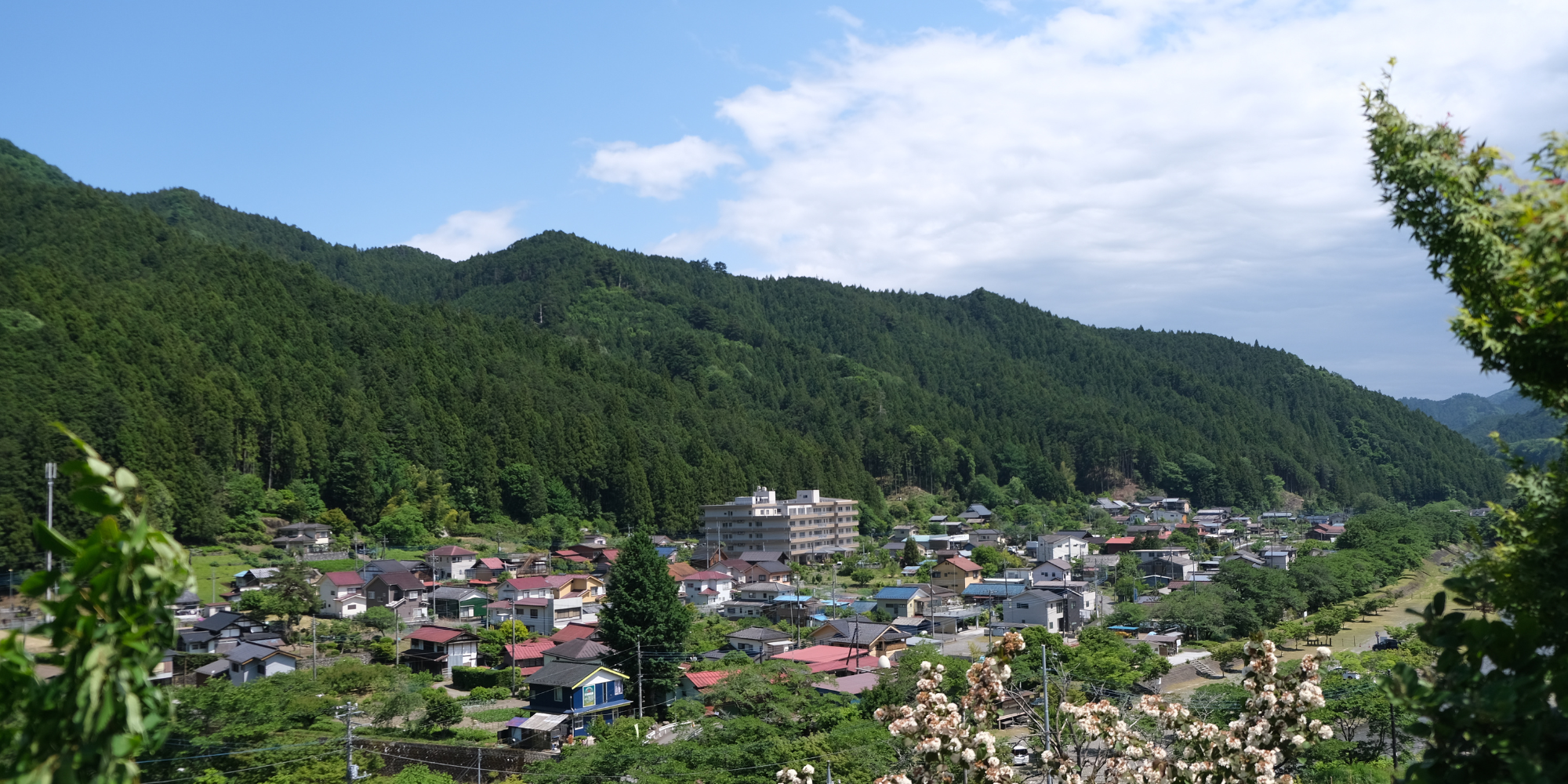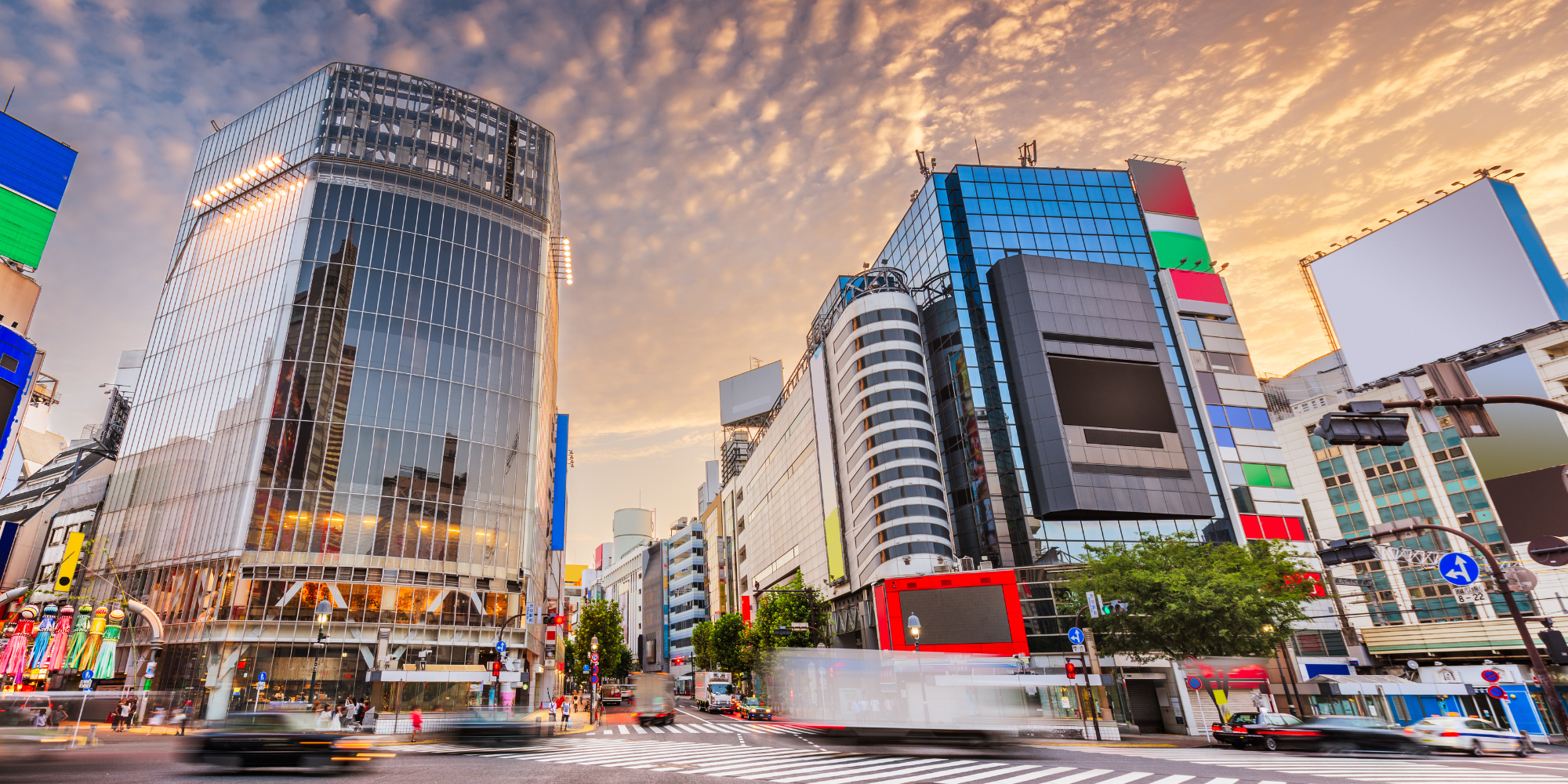What is a Shaken?
Shaken (vehicle inspection) is a periodic inspection conducted under Japanese law to ensure vehicle safety and environmental standards. For new cars, the first inspection is after three years, and subsequent inspections are every two years. For commercial vehicles, inspections are required annually. The purpose of Shaken is to verify that the vehicle’s basic functions and components are working correctly to maintain safe driving conditions.
1. Basic Costs of Shaken
When undergoing Shaken, the following costs are incurred:
Legal Fees
- Vehicle Weight Tax: Based on the vehicle’s weight.
- Mandatory Liability Insurance (Jibaiseki Hoken): Covers personal liability in accidents.
- Inspection Fee: The fee for conducting the inspection.
Maintenance Costs
- Basic Maintenance Cost: For the inspection and maintenance of the vehicle.
- Additional Maintenance Costs: For repairs or issues found during the inspection.
2. Vehicle Weight Tax
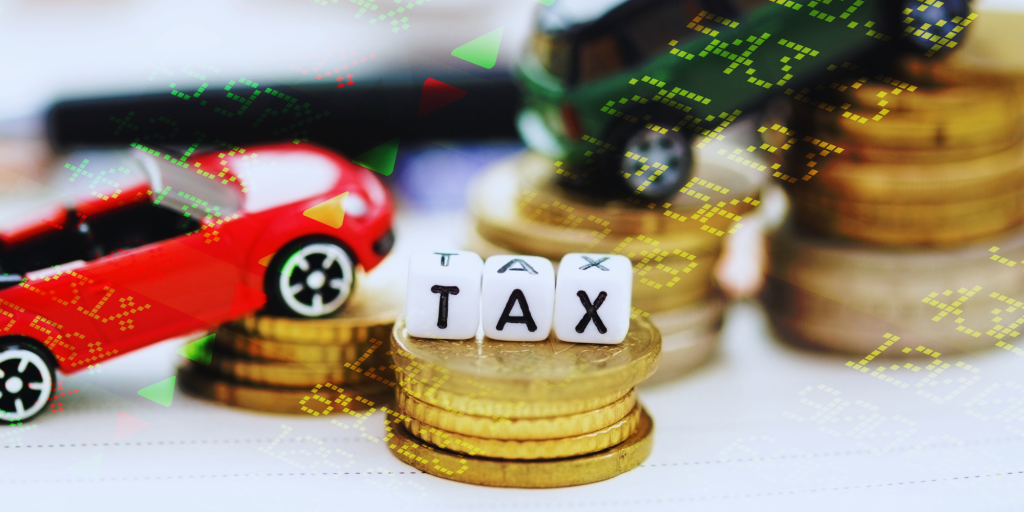
The vehicle weight tax varies based on the vehicle’s weight and age.
Light Vehicles
- Weight Tax: Light vehicles are taxed at a fixed rate.
- Tax Reduction: Eco-friendly vehicles may be eligible for tax reductions or exemptions.
Standard Vehicles
- Weight Tax: Taxed per 0.5 tons of the vehicle’s weight.
- Age-Based Difference: Older vehicles (over 13 years old) incur higher taxes (“heavy tax”).
3. Automobile Tax (Light Vehicle Tax)
Automobile tax is levied annually based on engine displacement. Unpaid taxes prevent you from undergoing Shaken.
Submission of Tax Certificate
- Necessity: Required during Shaken.
- Reissue: Obtainable from the local tax office if lost.
Automobile Tax Amount
The amount is based on the vehicle’s engine displacement. For example:
- Up to 1L: 29,500 yen
- 1L to 1.5L: 34,500 yen
- 1.5L to 2.0L: 39,500 yen
- 2.0L to 2.5L: 45,000 yen
- 2.5L to 3.0L: 51,000 yen
- 3.0L to 3.5L: 58,000 yen
- 3.5L to 4.0L: 66,500 yen
- 4.0L to 4.5L: 76,500 yen
- 4.5L to 6.0L: 88,000 yen
- Over 6.0L: 111,000 yen
- Light Vehicles: 10,800 yen
4. Eco-Car Tax Reduction
Eco-car tax reduction applies to environmentally friendly vehicles.
Eligible Vehicles
- Low Emission Vehicles: Vehicles with low CO2 emissions.
- Fuel-Efficient Vehicles: Vehicles with good fuel efficiency and low environmental impact.
Tax Reduction Content
- Vehicle Weight Tax: Reduced or exempted at the time of purchase.
- Vehicle Acquisition Tax: Also eligible for reduction at the time of purchase.
5. Timing of Shaken and Tips to Reduce Costs
Shaken is required three years after the new car registration and every two years thereafter. For commercial vehicles, it is annual.
Cost Reduction Tips
- Obtain Multiple Quotes: Prices vary between repair shops and dealers.
- Early Maintenance: Regular maintenance can prevent costly repairs.
- Switch to an Eco-Car: Utilize eco-car tax reductions for long-term savings.
Regular Maintenance
- Oil Changes: Regular engine oil changes extend the life of your car.
- Tire Inspection: Check tire wear and air pressure.
- Brake Inspection: Regularly check brakes for safe driving.
Types of Shaken
There are three types of Shaken:
1. User Shaken
- Content: The owner takes the car to the transport bureau for inspection.
- Merit: Lower cost.
- Demerit: Complex procedures and requires technical knowledge.
2. Dealer Shaken
- Content: Conducted at the dealer where the car was purchased.
- Merit: High reliability and manufacturer warranty.
- Demerit: Higher cost.
3. Private Repair Shop Shaken
- Content: Conducted at private repair shops.
- Merit: Often cheaper than dealer Shaken.
- Demerit: Reliability and service quality vary by shop.
Conclusion
Shaken involves various costs, but expenses can be managed through regular maintenance and utilizing eco-car tax reductions. Understanding the breakdown of costs and taking appropriate measures can prevent unnecessary spending. Utilizing eco-car tax reductions not only reduces Shaken costs but also lowers daily running costs.
By using Forwarding Service Japan, you can purchase cars and motorcycles from Japan and have them shipped overseas. Feel free to contact us for more information.
Recent Posts
Recommended Shops for Japanese Car Parts
Japanese car parts are highly regarded by car enthusiasts worldwide for their high quality and innovation. In this article, we will introduce some of the best shops in Japan where you can find top-quality car parts. Recommended Car Parts Shops 1. Autobacs Autobacs is...
The History of Japanese Automobiles
The Japanese automotive industry is renowned worldwide and has evolved alongside a rich history. Known for innovative technology and high quality, Japanese car manufacturers play a significant role in the global automotive market today. This article explores the...
Forwarding Service Japan: Easily Access Japanese Products from Abroad
Japan is home to a wide range of attractive products, from electronics and fashion to anime merchandise and traditional crafts. However, many of these products are not available for direct international shipping. This is where Forwarding Service Japan comes in. By...
Event Shopping Proxy Service in Japan
Leave Event Shopping to Us! Forwarding Service Japan's Proxy Shopping Service Introduction Japan hosts a wide variety of events throughout the year, many of which feature limited-edition products and special items. However, it can be challenging for people to attend...
Japan’s Shopping Paradise: Recommended Shopping Spots
Japan is known as a shopping paradise for enthusiasts from around the world. With high-quality products, the latest fashion, and unique cultural items, there is a vast array of goods to meet every need. In this article, we introduce some of Japan's top shopping spots...
The Charms and Highlights of Akihabara
Akihabara, one of Tokyo's most iconic districts, is known as the center of pop culture, including electronics, anime, manga, and games. Renowned for its otaku culture, it attracts many tourists from around the world. In this article, we will explore the charms and...
Traditional Japanese Crafts
Japan is renowned for its rich cultural heritage and traditional craft techniques. Each region produces crafts that are beautiful works of art, embodying both history and the skill of artisans. In this article, we introduce some of Japan's traditional crafts. Arita...
Naguri District in Hannō City is Famous for Timber (Nishikawa Wood)
Naguri District in Hannō City is a nature-rich area located about 50 kilometers from central Tokyo. This region is known not only for its beautiful scenery but also as a timber production area that dates back to the Edo period. Specifically, the high-quality timber...
Discover Shibuya: Tokyo’s Hub of Fashion and Culture
Shibuya, one of Tokyo's most iconic districts, is a bustling hub known for its vibrant fashion scene, eclectic dining options, and bustling nightlife. Famous for the Shibuya Crossing, one of the busiest pedestrian crossings in the world, Shibuya is a must-visit...

